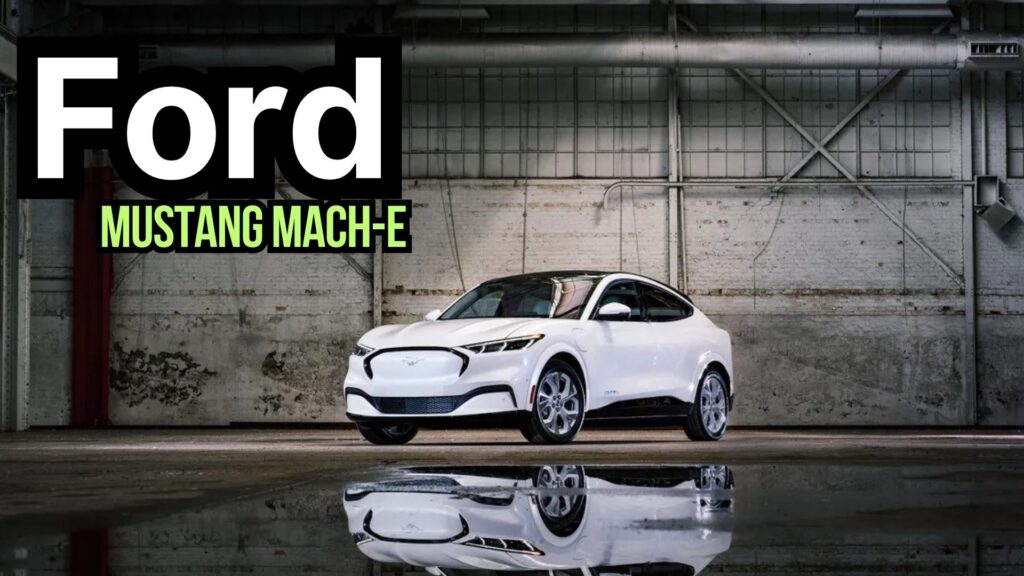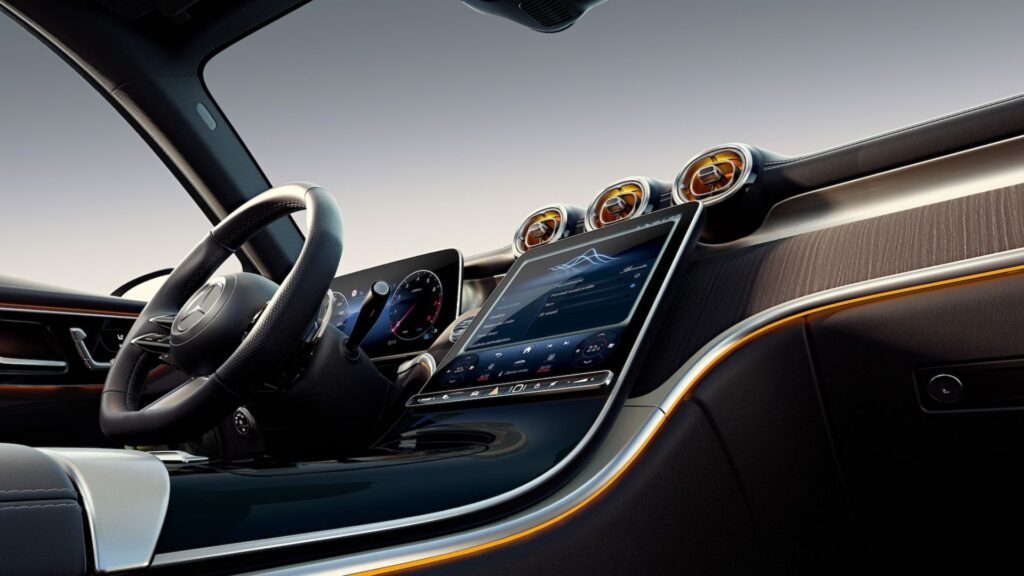When the automotive world talks about going green, the spotlight usually shines on electric vehicles (EVs), massive battery packs, and a charging network that is still struggling to keep up with demand. Yet, Porsche a company that has built its reputation on precision engineering and the sound of a flat-six engine has taken a different route. Instead of abandoning the internal combustion engine (ICE), Porsche is investing heavily in synthetic fuels, also known as eFuels.

The question remains: can Porsche’s eFuel become a genuine eco-friendly alternative for sports cars, or is it simply a stopgap designed to extend the life of traditional engines? Let’s explore.
What is Porsche’s Synthetic Fuel?

Porsche’s eFuel is a man-made alternative to gasoline, produced using renewable energy. The process involves three major steps:
-
Capturing Carbon Dioxide (CO₂): CO₂ is extracted directly from the air.
-
Electrolysis of Water: Renewable electricity is used to split water into hydrogen and oxygen.
-
Fuel Synthesis: The captured CO₂ is combined with hydrogen to create synthetic hydrocarbons, resulting in a liquid fuel that behaves almost identically to conventional gasoline.
The main advantage is carbon circularity. When burned, the fuel releases CO₂, but that same CO₂ was previously captured during production. This makes the process “virtually carbon-neutral” as long as renewable power drives the production.
Summary Table
Aspect |
Details |
|---|---|
Technology |
Synthetic fuel (eFuel) made from captured CO₂ and renewable hydrogen |
Goal |
Provide carbon-neutral fuel for existing and future combustion engines |
Pilot Plant |
Punta Arenas, Chile (operated by HIF Global with Porsche backing) |
Benefits |
Works with current engines, uses existing infrastructure, preserves driving experience, near carbon neutrality |
Challenges |
High cost ($10–12 per gallon), limited scale, high energy demand, lack of political momentum |
Future Role |
Likely to coexist with EVs; targeted at sports cars and heritage models |
Official Site |
Why Not Just Go Electric?
Porsche has already developed one of the world’s most respected EVs, the Taycan, and is preparing to electrify the Macan. However, the company recognizes that not all drivers want silent acceleration and battery recharging.
For enthusiasts, sports cars like the Porsche 911 are defined by their sound, responsiveness, and the mechanical feedback of their engines. An electric version may be faster on paper, but it cannot replicate the visceral sensations that enthusiasts associate with Porsche’s heritage.
Furthermore, there are more than 1.4 billion internal combustion vehicles already on the road worldwide. Transitioning all of them to electric power is unrealistic in the near future. Synthetic fuels offer a solution to keep this existing fleet running without contributing to additional carbon emissions.
Porsche’s Pilot Plant in Chile
To prove its commitment, Porsche invested in a synthetic fuel pilot facility in Punta Arenas, Chile. The location was chosen for its abundant wind energy, which provides renewable electricity for the electrolysis process.
The plant, operated by HIF Global with Porsche’s support, began producing eFuel in late 2022. While current output is small measured in tens of thousands of gallons annually Porsche has already tested the fuel in motorsport applications, including the Porsche 911 GT3 Cup. The goal is to expand capacity in the coming years to millions of gallons, making eFuel more widely available.
Benefits of Synthetic Fuel
Synthetic fuels present several compelling advantages:
-
Compatibility: eFuel can power existing combustion engines without modification. Classic 911s and everyday gasoline vehicles can run on it immediately.
-
Infrastructure Friendly: No need to build new infrastructure. eFuel can be transported and sold through existing pipelines, refineries, and gas stations.
-
Driving Experience: Cars maintain their authentic sound, feel, and responsiveness critical for sports car enthusiasts.
-
Carbon Neutral Potential: When produced with renewable energy, synthetic fuel can achieve near carbon neutrality across its lifecycle.
Challenges and Limitations
While promising, eFuel faces significant challenges:
-
High Cost: Current production costs hover around $10-12 per gallon, far higher than conventional fuel or electricity.
-
Limited Scale: Current output is too small to impact global emissions meaningfully. Scaling to billions of gallons will require massive investment.
-
Energy Demands: Producing synthetic fuel requires significant renewable energy. If fossil fuels power the process, its environmental benefits vanish.
-
Policy Momentum: Governments and major automakers are focusing on EVs, leaving synthetic fuels with less political and financial support.
Porsche’s Strategy: EVs and eFuel Side by Side
Porsche is not positioning eFuel as a replacement for EVs. Instead, it views synthetic fuels as complementary. Models like the Taycan and Macan EV target mainstream buyers who want cutting-edge electric performance. Meanwhile, heritage models like the Porsche 911 could remain combustion-powered but fueled by eFuel to comply with stricter emission standards.
This approach allows Porsche to balance innovation with tradition, ensuring that future generations can still enjoy the distinctive experience of a flat-six engine without the guilt of excessive CO₂ emissions.
Will Other Automakers Follow?
Porsche is not alone in exploring synthetic fuels. Ferrari, Lamborghini, Toyota, and BMW have also expressed interest, particularly for high-performance or luxury models. For these brands, preserving heritage and driving passion matters as much as meeting regulatory requirements.
However, mass-market vehicles are unlikely to adopt eFuel soon due to cost and scalability issues. For now, synthetic fuel remains best suited to performance cars and legacy brands.
The Likely Future
The most realistic scenario is a coexistence of technologies:
-
EVs will dominate mainstream markets due to efficiency, affordability, and government support.
-
Synthetic fuels will serve as a lifeline for performance and heritage vehicles, preserving the essence of driving while minimizing environmental impact.
Porsche’s vision is not about rejecting electrification but about keeping options open. For enthusiasts, that could mean the best of both worlds electric daily drivers and carbon-neutral sports cars that retain their soul.
FAQs
Q1: Is Porsche’s synthetic fuel available to consumers now?
A. Not yet on a large scale. Current production is limited and primarily used for testing and motorsport applications.
Q2: Will synthetic fuel make gasoline cars carbon-neutral?
A. Synthetic fuel can make combustion nearly carbon-neutral if produced using renewable energy, but it does not eliminate other emissions such as particulates.
Q3: How much does eFuel cost?
A. Currently, production costs are around $10–12 per gallon. Porsche hopes large-scale production will reduce prices in the future.
Q4: Can I use eFuel in any car?
A. Yes, synthetic fuel is designed to work in any gasoline engine without modifications.
Q5: Does Porsche still plan to build EVs?
A. Yes, Porsche continues to expand its EV lineup with models like the Taycan and Macan EV while keeping combustion alive through eFuel.
For More Information Click HERE






